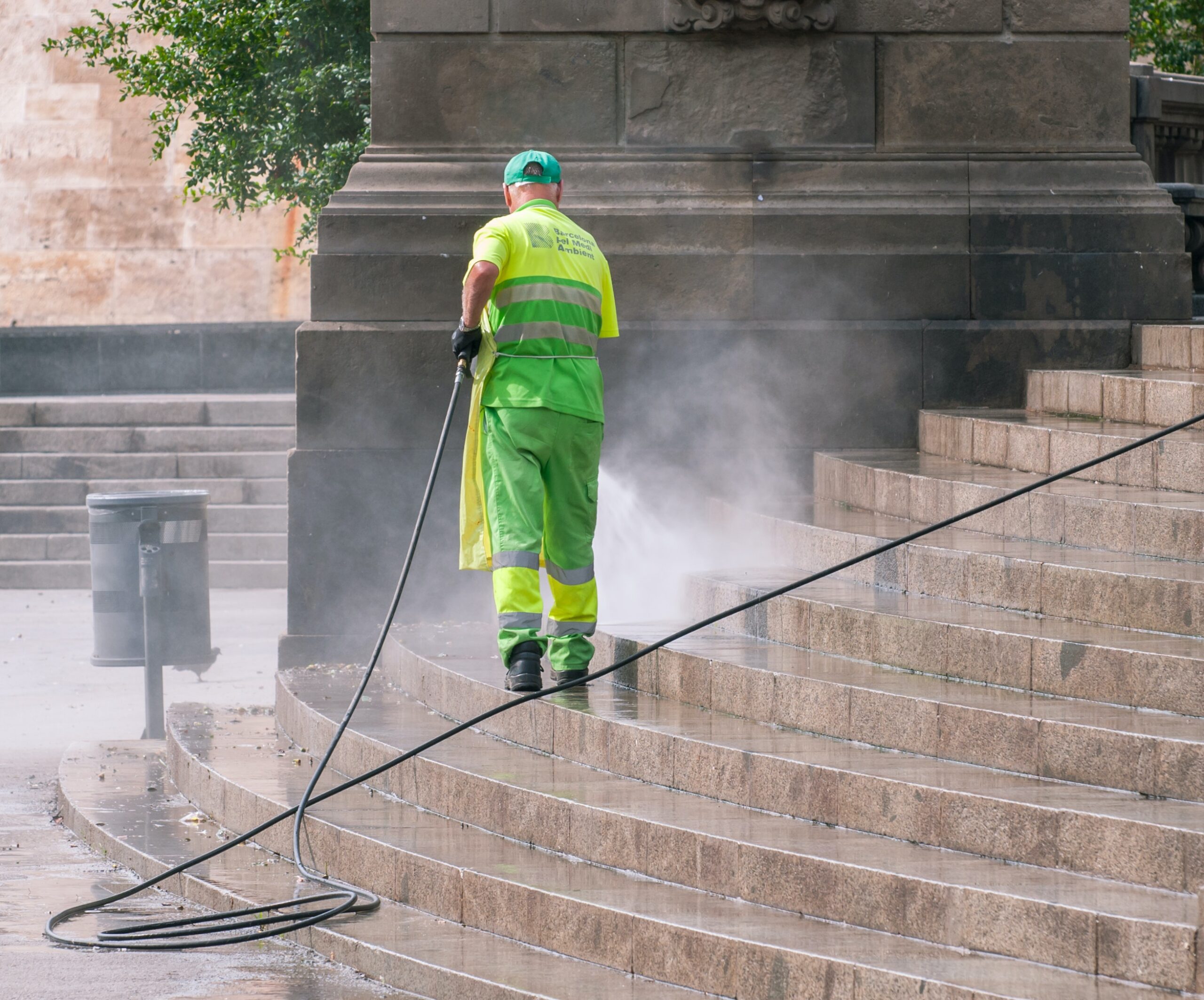When a chemical spill occurs at work, swift action is integral in preventing damage to the environment and anyone in an affected area. Time is important to keeping chemical damage to a minimum, and by tackling it quickly, you could halt a disaster in its tracks.
ICE Cleaning’s chemical spill services are available nationwide and its skilled technicians can be on-site within a few hours of your call. With industry-leading technology, its cleaners will contain the spill, and decontaminate and restore the site.
Read on to learn more about chemical spills and how you can deal with them.
What is classed as a chemical spill?
A chemical spill is defined as an “uncontrolled release” of a hazardous substance, including gases, liquids, and solids. A pollutant is released into the natural environment from a structure or container and contains chronic levels of a dangerous element.
An example of a chemical spill could range from a minor incident, like a gasoline spill in an isolated parking lot, to a large explosion at a chemical factory. Some chemical incidents occur due to floods, earthquakes, or forest fires.
How to prevent a chemical spill at work
Without frequent chemical spill risk assessments, your workplace could become vulnerable to spillages that cause immediate contamination. Most spills are preventable and occur due to human error, and by following simple safety guidelines, you can make the workplace safer:
- Have spill kits, spill pallets, and chemical bunds on-site
- Store chemicals in contained or covered areas
- Do not overcrowd a storage area
- Ensure all chemicals are stored on stable shelving
- Do not store chemicals above the average eye level
- Supervise the transportation of chemicals
- Conduct frequent inspections and assessments
- Use adequate storage containers and quantity levels
How to deal with a chemical spill
Most workplaces have an emergency plan for when a chemical spill occurs, outlining how to react; act quickly; and keep yourself safe. For example, workplace emergency plans must include assembly points, emergency service communication, evacuation, and fire wardens.
The Health & Safety Executive created the Control of Major Accident Hazards (COMAH) Regulations in 2015, which enforces health and safety guidelines for companies to follow. In the event of a chemical spill, you should follow these guidelines according to COMAH:
- Control and contain the spill to limit damages and exposure
- Raise the alarm and contact the local authority where necessary
- Evacuate the area and take roll call to identify missing people
- Qualified individuals must wear protective clothing
- Use spill kits or absorbent materials to neutralise the chemical
- Contact a chemical spill cleaning company
If a chemical spill has affected your workplace and you require assistance, ICE Cleaning’s chemical spill services can step in and take over. Its qualified technicians effectively neutralise, contain, decontaminate, and clean an affected area.
ICE Cleaning is available nationwide, 24/7, 365 days a year, and you can read more about its industrial cleaning services on its website.
